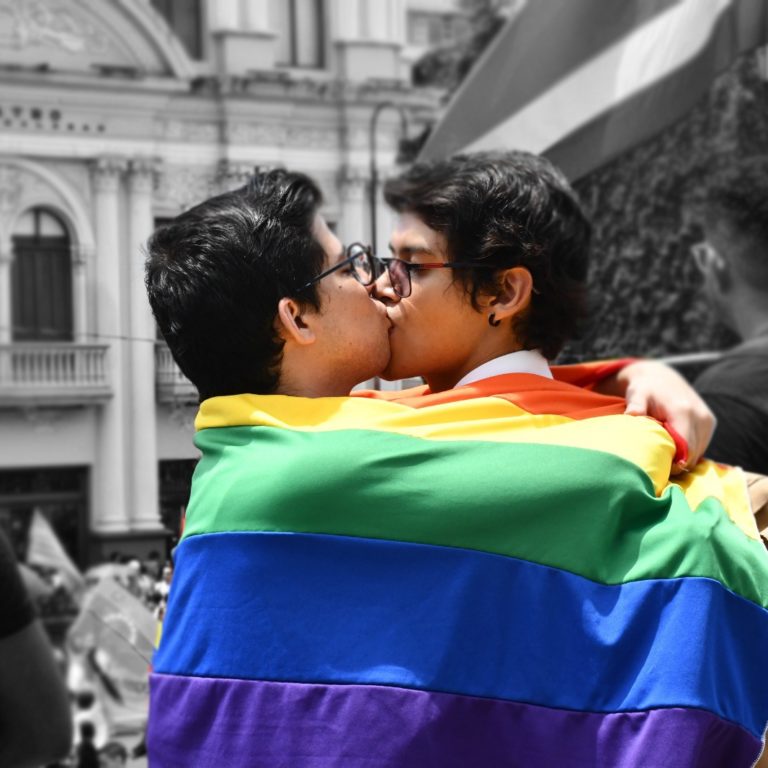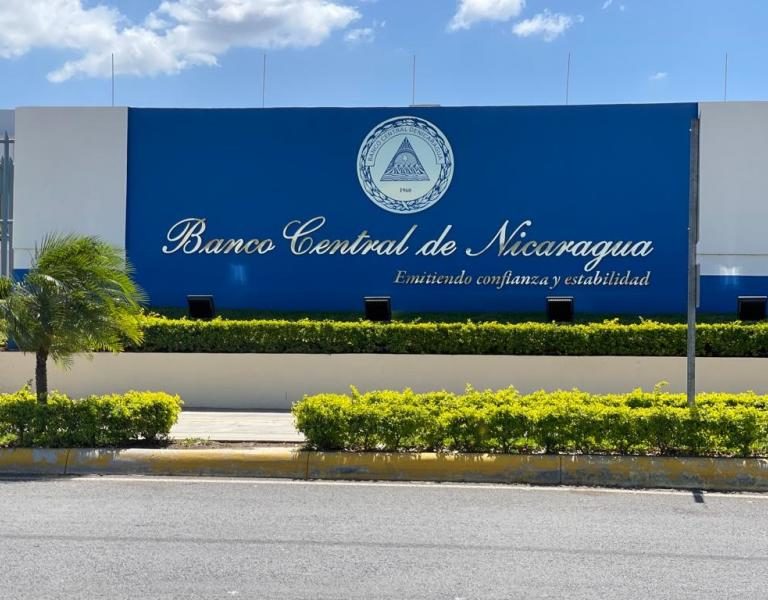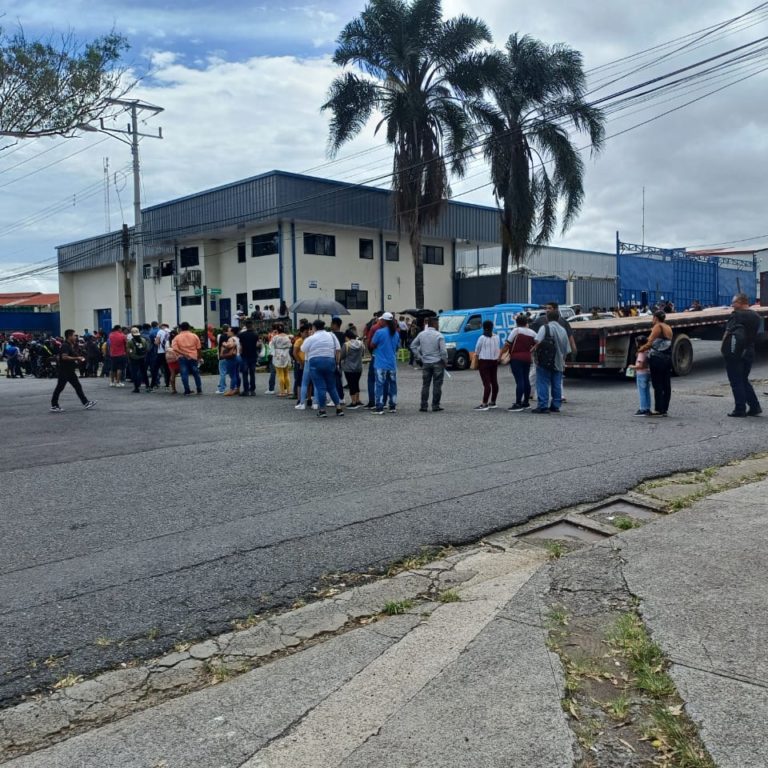From organizations for children and adolescents, to those that fought to help the chronically ill, through religious and humanitarian organizations. Until May 24, 2023, a total of 43 non-governmental organizations in Nicaragua opted for "voluntary dissolution".
By: Redacción Intertextual/ Voces en Libertad/ contacto@intertextualcr.com
Nicaragua is facing an alarming situation in the field of non-governmental organizations (NGOs). According to a documentation made for this text, based on the 2023 editions of La Gaceta – Official Gazette, so far this year, a total of 43 entities have opted for «voluntary dissolution», which represents a significant loss for the humanitarian sector and society in general.
Added to this phenomenon are the almost 200 associations, foundations and universities throughout the country whose legal status has been taken away this year. And the more than 3,100 NGOs closed from April 2018 to December 2022.

Among the organizations that have decided to end their operations are entities dedicated to children and adolescents, entities for the fight against chronic diseases, as well as religious and humanitarian, fishing and veterinary organizations, which provided vital assistance to disadvantaged communities, or led projects for local development. These sudden closures have left a void of support and resources in vulnerable sectors of Nicaraguan society. Experts point out that the impact will be in the short and long term.
Also read: These are the 5 methods that Humberto Ortega used to accumulate his fortune
While it is true that the specific causes behind each dissolution vary, there are common factors that have contributed to detecting this alarming trend. One of them is the growing environment of restrictions and obstacles imposed by the Ortega-Murillo administration, which has greatly hampered the activities and financing of NGOs. Tighter bureaucratic regulations and limited access to external funds have put many organizations that depended on them to carry out their programs and projects in trouble.
Indice
ToggleSave what you can
The Ministry of the Interior, the entity in charge of processing these dissolutions through ministerial agreements, argues that the organizations that decide to dissolve are inactive, do not have resources to carry out their projects, or the directors and/or members of said entities are elderly, which prevents the development of institutional missions.
This form of cancellation gives them the advantage of being able to define the destination of their assets. According to activist Amaru Ruíz, who has been closely following the closures of organizations in the Central American country, this option allows organizations to sell their assets, such as vehicles and equipment, and liquidate everything in the process.
The Regulation of Law No. 1115, General Law for the Regulation and Control of Non-Profit Organizations in Nicaragua, states that in cases of «voluntary dissolution» the destination of the patrimony will be «determined in accordance with the constitutive act and the statutes of the organization».
However, when it comes to cancellations of legal personality due to non-compliance with Law No. 1115, the regulation establishes that «it will correspond to the Office of the Attorney General of the Republic to proceed ex officio and transfer the movable or immovable property to the name of the State of Nicaragua» . This same procedure can be applied to NGOs that are intentionally dissolved, but only when the destination of their assets is not established in their internal documents.

The political and social situation in Nicaragua has also influenced this crisis. Persistent challenges in terms of human rights and civil liberties have led to a decline in the confidence of international donors, which has directly impacted the funding of NGOs. In addition, political polarization has generated a climate of instability, which has made the work of organizations even more difficult and has increased the risk for their members and donors.
Also Read: Daniel Ortega’s dictatorship accumulates 58 political hostages in less than 15 days
Another relevant factor is the lack of recognition and support by the Sandinista administration for the valuable role played by NGOs in the development and well-being of the country. The lack of dialogue and cooperation between state institutions and non-governmental organizations has led to a deterioration in relations and the willingness of NGOs to continue operating in a hostile environment has diminished.
«Coup» to the country
The massive dissolution of these non-governmental organizations represents a heavy blow for Nicaragua. Society loses important resources and specialized knowledge that were used to address critical problems such as poverty, health and education. Additionally, many communities are left without essential services that NGOs used to provide, which could have a long-term negative impact on their well-being.
Water For People, Caritas de Nicaragua, the Foundation for Sustainable Human Development, the Association Institute for the Promotion of Social Rights of Information, Communication, Freedom of Artistic and Cultural Creation, the Foundation for Life and Development, and S.O.S. Vet. All organizations dissolved in the first five months of 2023. All with payrolls of workers who now do not have a job.
It is essential that the Nicaraguan regime reconsider its approach towards non-governmental organizations and recognize their vital contribution to the development of the country. Promoting an enabling environment, based on transparency, dialogue and cooperation, is crucial for NGOs to play their role in society and ensure that the most vulnerable communities receive the necessary assistance.
The international community must also pay attention to this crisis and provide support both to existing organizations and to the creation of new initiatives that can fill the void left by dissolved NGOs, as is happening in the case of the Nicaraguan diaspora in Costa Rica. It is necessary to strengthen the bonds of solidarity and collaboration to guarantee that the rights and needs of Nicaraguans are not ignored, or worsened.
The massive closure of non-governmental organizations in Nicaragua not only represents a loss for the humanitarian sector, but also a wake-up call about the importance of preserving an environment conducive to the development of civil society. Without the active participation and support of these organizations, the path towards a prosperous and equitable future for Nicaragua becomes even more challenging.
According to a report released in March of this year by the Fundación del Río, the massive closure of organizations up to that date had left 255 million dollars in losses, 24,483 people unemployed and 3.4 million unserved beneficiaries.
«It’s not voluntary. They push you to it»
«Tania», whom we will call that for her safety, refuses to talk at first, but, after agreeing to only a short statement, she painfully clarifies the reason: «All the people we attended are still looking for me but we can no longer do a lot. It’s not voluntary. They push you, as an organization, to it. They are cornering some and closing others.»
The Sandinista administration, including the Ministry of the Interior or the Presidency, has not provided data on the impact of the massive closure of these organizations, many of them established in the country after the return of democracy 33 years ago.







